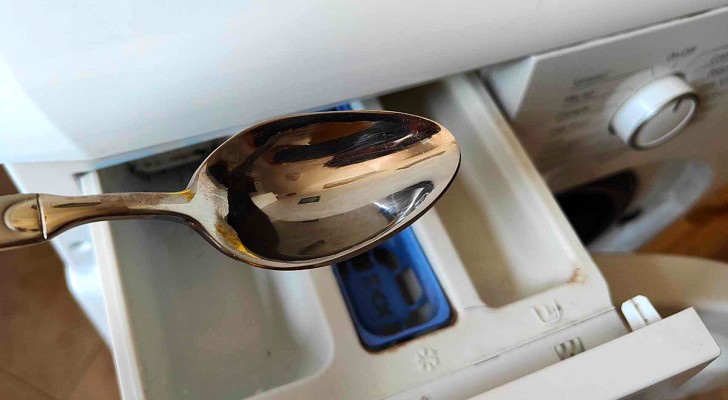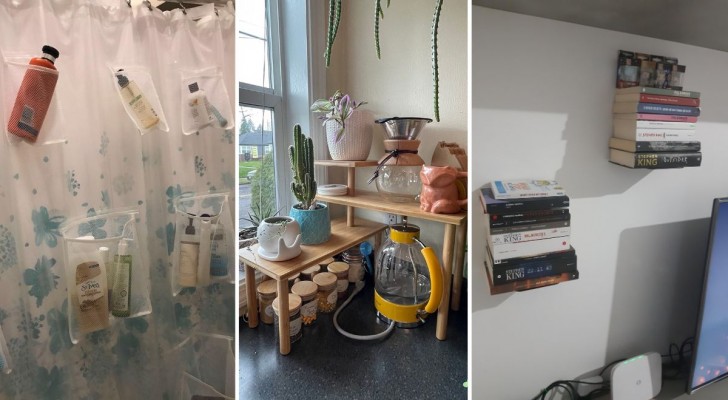6 appliances that consume energy even when switched off, and 4 tips to reduce this consumption
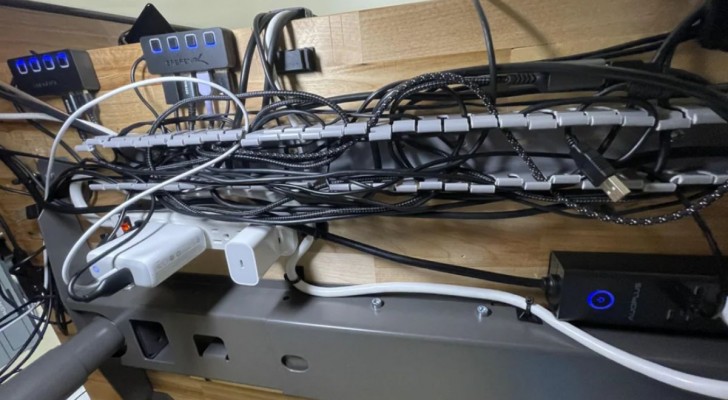
Many electronic devices don't stop consuming energy even when we turn them off. For example, standby mode very often consumes energy even if the appliance is off and this means that some of the devices we have at home use energy 24 hours a day, 7 days a week. The result is a significant increase in consumption, with a considerable waste of precious resources for the planet - and also expensive power bills.
There are numerous functions that are kept going by the constant and minimal use of power - from the clocks on our ovens to the thermometers of the refrigerators resulting in energy expenditure that has been called "phantom or vampire energy consumption".
So, which appliances consume the most energy in our homes and what can we do to reduce this waste? Let's find out together in this article.
1. Televisions
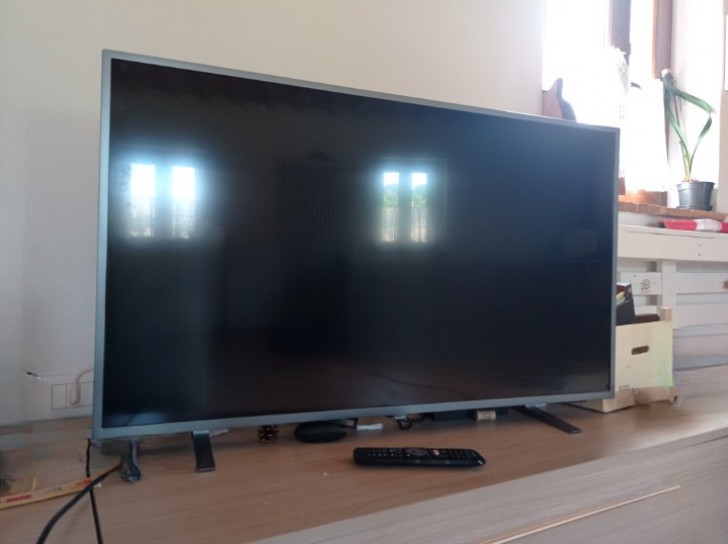
Creativo
Our televisions never fully turn off unless we unplug them, because these devices need to be ready to turn on immediately in response to the remote control commands. Fortunately, the latest generation televisions have considerably reduced this consumption, which has now fallen to around 0.5/3 watts. But older models consume up to 13 watts in standby mode.
Just like televisions, any device equipped with a remote control consumes energy when in standby mode, otherwise it would not be able to turn on instantly. Look around your house: how many of these devices do you own?
2. PCs and laptops
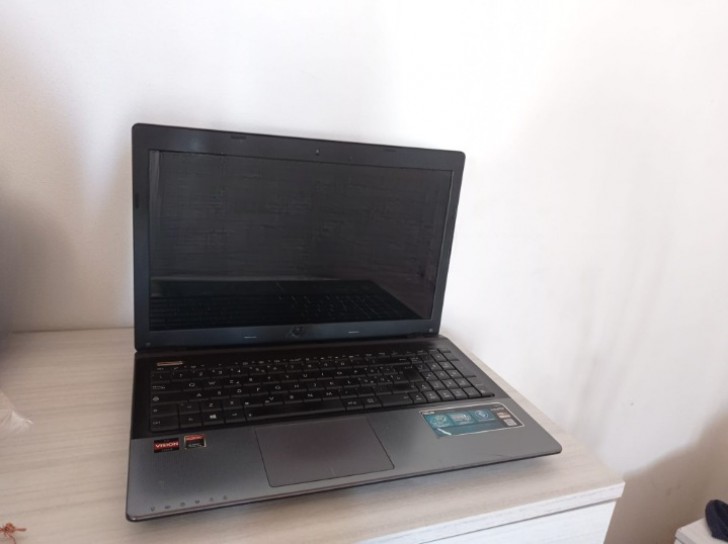
Creativo
Computers left in standby mode are convenient to use when needed, because they turn on immediately when someone presses a key, even if the hard drives are turned off. But these devices consume a lot of energy. The energy consumed for standby mode is similar for PCs and laptops (although it is slightly lower for the latter).
If you always leave your PC or laptop in standby mode, remember that this involves an energy consumption of between 50 and 75 kW/hour per year.
3. Video game consoles
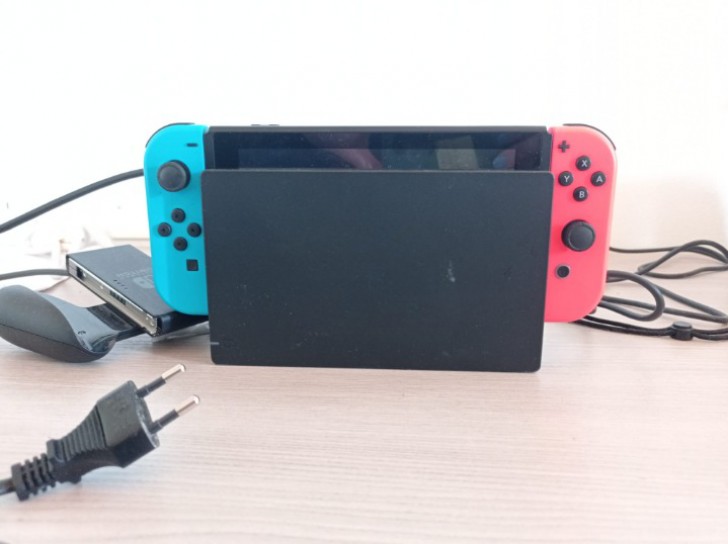
Creativo
Video game consoles, (if left in "Instant ON" mode), consume a lot of enerby. Some more modern consoles now have an energy-saving mode, which allows you to keep this function active and also limits power consumption.
But how inconvenient would it really be to turn these devices off completely?
4. Audio and video devices
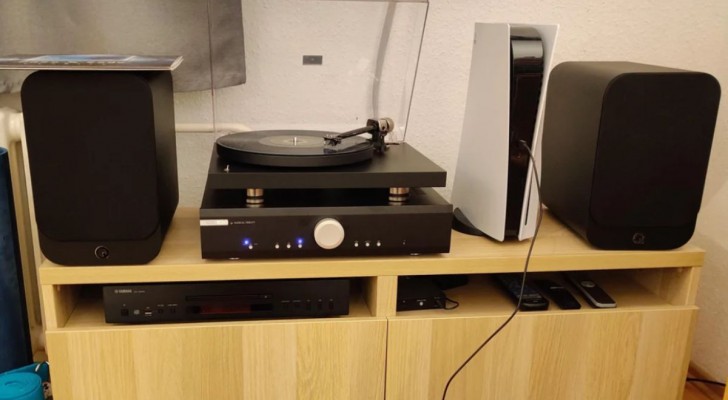
Most of us may no longer have a turntable or a stereo at home, but almost all of us have a soundbar, speakers or home theater, which constantly consume energy. Sometimes, we may no longer have these devices, but left-over wiring for them can silently consume energy without us realizing it.
Paying more attention to this could save you a lot.
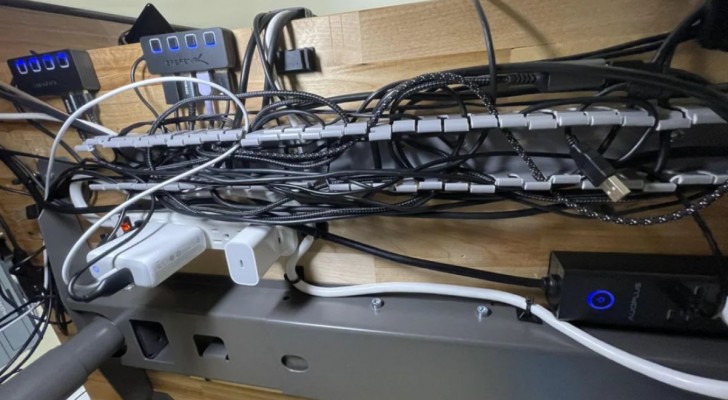
Even normal household appliances these days can be put into standby mode and they consume a lot of energy. Washing machines, dishwashers, microwave ovens and dryers all consume an average of 1 to 6 watts while on standby.
But is it possible to limit this energy consumption? The answer is yes, by following these 4 tips:
- When purchasing electrical items, always evaluate the energy consumption range ratings. Indicated with symbols, the consumption range rating allows you to choose the device that best suits your needs (and allows you to consume less).
- Monitor the consumption of your standby devices with a power consumption monitor. This will also help you determine which are the most energy-efficient cycles of appliances such as dishwashers and washing machines.
- Unplug your devices. Of course, it can be a hassle to unplug and plug in devices you use frequently, but for those you use infrequently, it's safer and cost-effective not to leave them plugged in.
- Using multiple-slot sockets can help you with this. To disconnect devices that we use most frequently, we can use multiple-slot sockets, which makes the task easier. Instead of unplugging each individual cable, all you need to do is push one button.
Certainly the consumption of each of the devices mentioned does not have a high impact on your bill, but take a look at all the electronic devices you have. Are you certain that their consumption rates are not significant?


